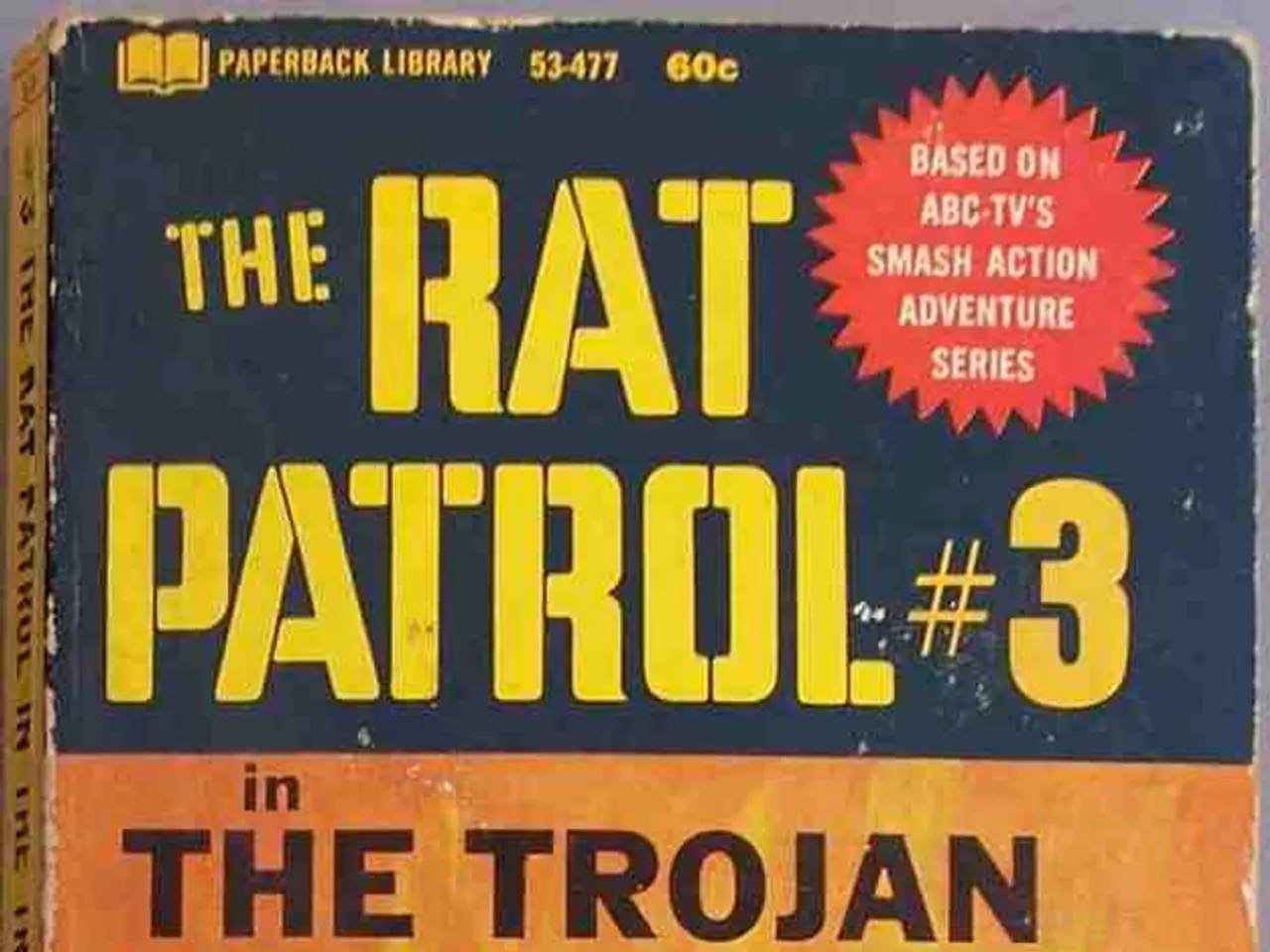Russian leader Putin asserted that Western peacekeepers in Ukraine could be considered valid military targets by the Russian military.
In recent developments, a coalition of more than 30 states, including major powers like France, the UK, Denmark, Estonia, Lithuania, Sweden, and the Netherlands, have announced their readiness to provide troops for a peacekeeping mission in Ukraine, should a peace agreement and ceasefire be reached. Germany, while not committing troops, has focused on financing and training Ukrainian forces.
This move comes amidst escalating tensions between Ukraine and Russia, with Russian President Vladimir Putin stating that any western peacekeepers in Ukraine would be legitimate targets for attack. This bold declaration was made in response to the ongoing discussions among these nations regarding security guarantees, including peacekeeping options, with the US.
However, NATO Secretary General Mark Rutte has insisted that Russia has no role in decisions about western peacekeepers in Ukraine, stating that it is a sovereign country. This stance was echoed by Ukrainian President Volodymyr Zelenskiy, who has expressed a readiness for peace talks with Russia at the highest level, but seeks security guarantees from western allies.
Putin has repeatedly denied any intention to call a ceasefire and agree to direct talks with Zelenskiy. In fact, he has suggested that he would only meet Zelenskiy in Moscow. This lack of willingness to engage in talks has caused frustration in Kyiv and other European capitals, with some leaders expressing dissatisfaction over US President Donald Trump's failure to follow up on threats to exert pressure on Putin.
Despite these challenges, Ukrainian President Zelenskiy has stated that the number of troops for a potential peacekeeping force will be in the thousands, though specific numbers are not yet disclosed. The Kremlin, however, has expressed doubts about the productivity of direct talks with Zelenskiy, citing a lack of political will and legal and technical obstacles.
In a positive development, French President Emmanuel Macron announced that 26 countries, most of them in Europe, are ready to send troops as part of a "reassurance force" for Kyiv. This move is aimed at providing a deterrent against further aggression from Russia, while also signalling a commitment to peace and stability in the region.
As the situation continues to evolve, it remains to be seen whether these peacekeeping efforts will lead to a resolution of the conflict in Ukraine. However, the readiness of these western countries to intervene, if necessary, serves as a clear message to Russia that the international community will not stand idly by in the face of aggression.
Putin, in a recent statement, claimed that there would be no need for a protection force in Ukraine if a peace deal was reached, implying that Russia can be trusted to keep its word. However, the history of Russian actions in Ukraine, including the invasion in February 2022 despite repeated denials, casts doubt on this assertion. The international community will be closely watching Putin's actions in the coming days and weeks, and will hold him accountable for any further violations of Ukrainian sovereignty.
In a bid to further facilitate peace talks, European Council president Antonio Costa has held talks with Mr Zelenskiy regarding the conflict in Ukraine. These discussions are expected to continue in the coming days, as the world watches with bated breath for a resolution to this ongoing conflict.
Read also:
- ICE directed to enhance detention conditions following NYC immigrants' allegations of maltreatment
- Israeli finance minister issues warnings about potential annexation of West Bank territories
- United States faces rebuttal from South Africa over allegedly deceitful human rights report and assertions of land expropriation
- Accident at Rodalben Results in Injuries; Geoskop Area near Kusel Affected After Stormy Weather








